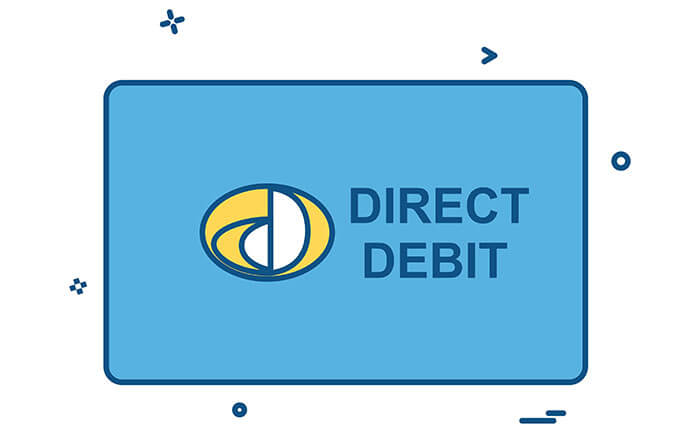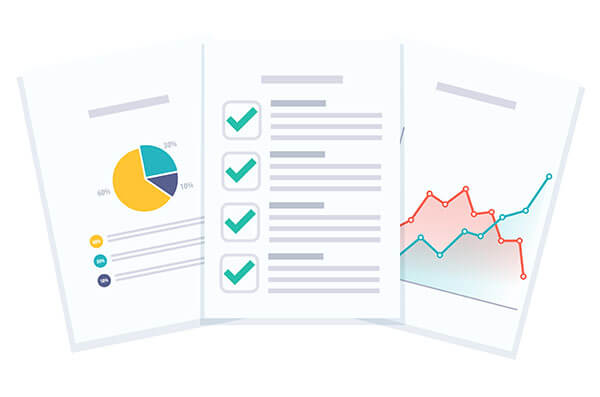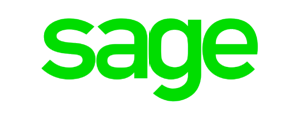The demands of the digital age and the growing expectations of your customers mean your business needs to be offering a slick, modern payment system.
With one in place, you can take payments online quickly, easily and safely.
Without one, you risk losing out to the more tech-savvy competition.
Giving customers choice when it comes to parting with their cash is an increasingly important part of any business strategy. They want to pay you quickly and conveniently, with the peace of mind that their transaction is secure.
Continuing to rely on old-fashioned methods will soon start to eat into your retention rates, as well as your profits.
The solution is to accept payments online.
If you’re baffled by the number of online payment options available, our guide will talk you through the ins and outs of moving from the outdated to the outstanding.
How Can My Business Take Payments Online?
There are two main ways of accepting payments online: credit and debit cards, and Direct Debit. Each allows your customers to say goodbye to paying by cash, cheque or card over the phone.
Instead, an online service gives them a hassle-free way to make recurring payments for everything from monthly bills to annual subscriptions. Freed from the regular task of remembering to pay you, they’ll thank you for making their admin list that little bit shorter.
And while your customers enjoy these benefits, your business will also begin to reap the rewards of a more streamlined and efficient payment collection method. One that can reduce the time and money spent on unnecessary admin, ease cashflow and boost profits.
Online Payment Options #1: Credit and Debit Cards

In 2016, over 3.2 billion online transactions were made with debit cards, equating to £195 billion in spending. This accounted for 25% by volume and 37% by value of all debit card transactions, a trend that is predicted to grow and grow.
Especially well-suited to taking instant and global payments, the online card option will be familiar to your customers. The majority will already be using their plastic to order goods and pay for services on their favourite websites.
Your business can easily get a slice of the online action. There are two methods of offering this facility to them: taking money directly from their account via your own merchant account or using one of the growing number of all-in-one payment providers.
Both provide a route to the ever-growing popularity of online transactions.
The Direct Route
This involves setting up a merchant account, separate to your business account, via your bank. These specialist online accounts allow you to accept card payments, acting as a contract between your business and the card processing company.
You’ll also need a payment gateway, a piece of software that performs the role of a physical card machine online. This allows your customers to submit payment information over the internet, ensuring their data is encrypted and secure as it moves through the ecosystem.
Fees for going down this direct route to accept payments online can be complicated. There are costs at every stage from card transaction and authorisation fees to service charges and set-up expenses.
You must also ensure that you comply with the Payment Card Industry’s guidelines which protect your customers from fraud.
If you like a hands-on approach with no middleman, this could be the option for you.
Payment Service Provider
Dodging the DIY card route might be preferable. Instead, you can choose from a host of payment service providers who do much of the work for you.
PayPal, Stripe and Braintree are all big names here. As a consumer, you could well be among the 254 million active users of PayPal. As a business owner, you might not know that each of these platforms offer a wealth of features and functionality that make managing recurring payments easy.
Also known as payment processors, they act as a go-between between your business and the banks. They take control of the whole process, ensuring every payment flows smoothly through the ecosystem from your customers’ accounts to yours.
Because they act as both merchant account and payment gateway, you don’t need to set these up yourself. And because you’ll never be directly dealing with sensitive financial information, you don’t need to worry about PCI compliance as it’s all taken care of.
Again, fees for this type of service need to be carefully studied and compared to ensure this is the best fit for your business.
Online Payment Options #2: Direct Debit

The alternative to accepting online card payments is to embrace the power of Direct Debit.
A Direct Debit is an instruction from a customer to their bank that authorises you to collect money from their account. Provided you inform your customer in advance, you can alter the date, frequency and amount to suit your business needs.
Direct Debit enjoyed 3.8% growth in 2017 with over 4.2 billion successful transactions. And with 90% of UK adults having at least one Direct Debit, your customers will be aware of its flexibility.
For collecting subscriptions, monthly payment instalments or service charges, Direct Debit offers businesses and organisations an efficient, streamlined option to manage their accounting.
Safe, secure and reliable, if you want to take payments online, Direct Debit can also be more affordable than taking card payments.
And as integrating it with your accounting software is straightforward, the whole system can be completely controlled online, extending the digital benefits to your business.
There are two methods of accessing Direct Debit to accept recurring payments: managing your own scheme in-house or outsourcing the job to a professional bureau.
The Direct Route
If your business has a high turnover and can meet the strict requirements of the banks, you can use your own service user number (SUN) to collect and process Direct Debits.
Companies that do pass this tough test must invest in specialist Bacs-approved software, the staff wages to do the admin work and the ongoing training and update costs. Making this a cost-effective choice depends on the number of Direct Debits you process and the scale of your operation.
Traditionally, this was the only way for businesses to access Direct Debit but now the door is open to all.
Direct Debit Bureaux
If you want to accept payments online, the affordable alternative is to choose a Direct Debit bureau who can manage the entire scheme for you.
These specialists act as a third party, approved by Bacs to handle all payments on your behalf. For a small set-up fee and low transaction charges, they can take care of everything for you.
And because Direct Debit can be used either offline or online, it gives your customers even greater choice when it comes to paying you. If they don’t feel ready to make the switch to managing their finances online, they can still use Direct Debit while you enjoy all the technological benefits.
Customers sign up by simply completing a Direct Debit instruction, either over the phone, on a paper mandate or, of course, online. Once on board, their payments will be managed by your bureau who will keep you fully up-to-date with your account’s activity.

Daily reports and access to an online dashboard, updated in real time, will alert you to any bounces or cancellations.
And when it comes to increasing your subscription rates or membership fees, Direct Debit has the flexibility to introduce this with minimum hassle. Simply inform your customers and continue to collect their payments with no interruptions or admin work.
Bureau fees can be considerably lower than those associated with online card payments. They’ll vary depending on the bureau you choose, the service you use and the number of collections you make.
As a guide, FastPay offers a transparent and competitive pricing structure with prices per Direct Debit processed starting at just 3p for its Bureau Service and from 10p for its Managed Service customers.
Each bureau has gone through a careful vetting process before being authorised and are closely monitored by the banking industry. Their professional service will help you streamline your systems and stabilise your cashflow, as well as freeing up time to focus on your business.
The Next Step To Take Payments Online
Now you know your online payments options, you can further research which one is right for the needs of your business.
Whether your business model is based on regular subscriptions, membership fees or donations, you’ll need a simple, secure way to manage regular payments throughout the year.
Consider what features are top of your priority list: a cost-effective fee structure, digital integration capabilities, the flexibility to alter payments details, personal customer service?
Whichever ones top your list, there’s an online payment solution available to perfectly match your requirements. One that will streamline your operations while meeting customer demand.
Paying you should be a painless process. If it’s quick, easy and convenient, you’ll be exceeding customer expectations.
As their loyalty grows, they’ll become advocates for your business, spreading the word that paying you is straightforward and digitally up-to-date.
And with contented customers in place, you can focus on improving service, adding to your offering and growing your business.












